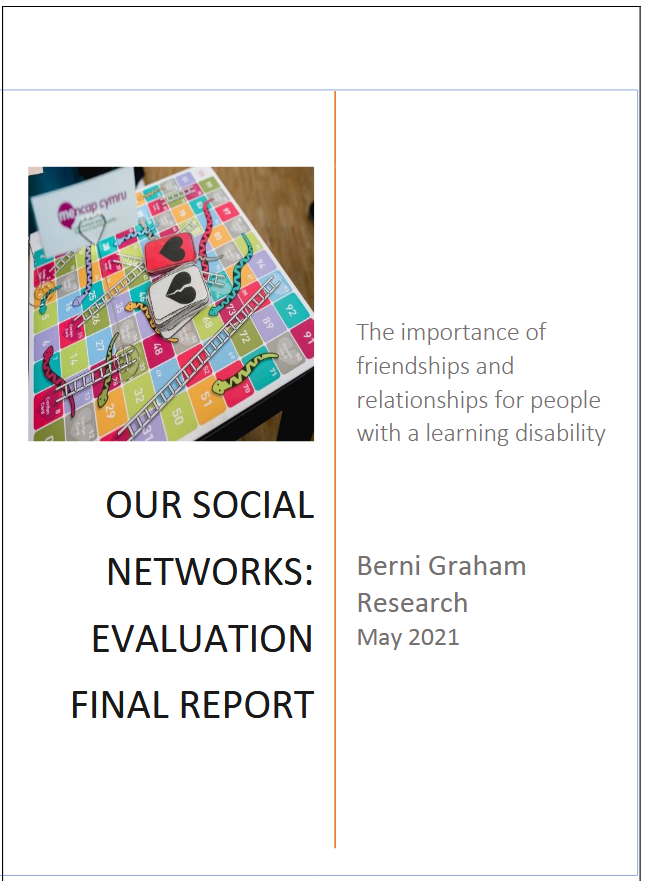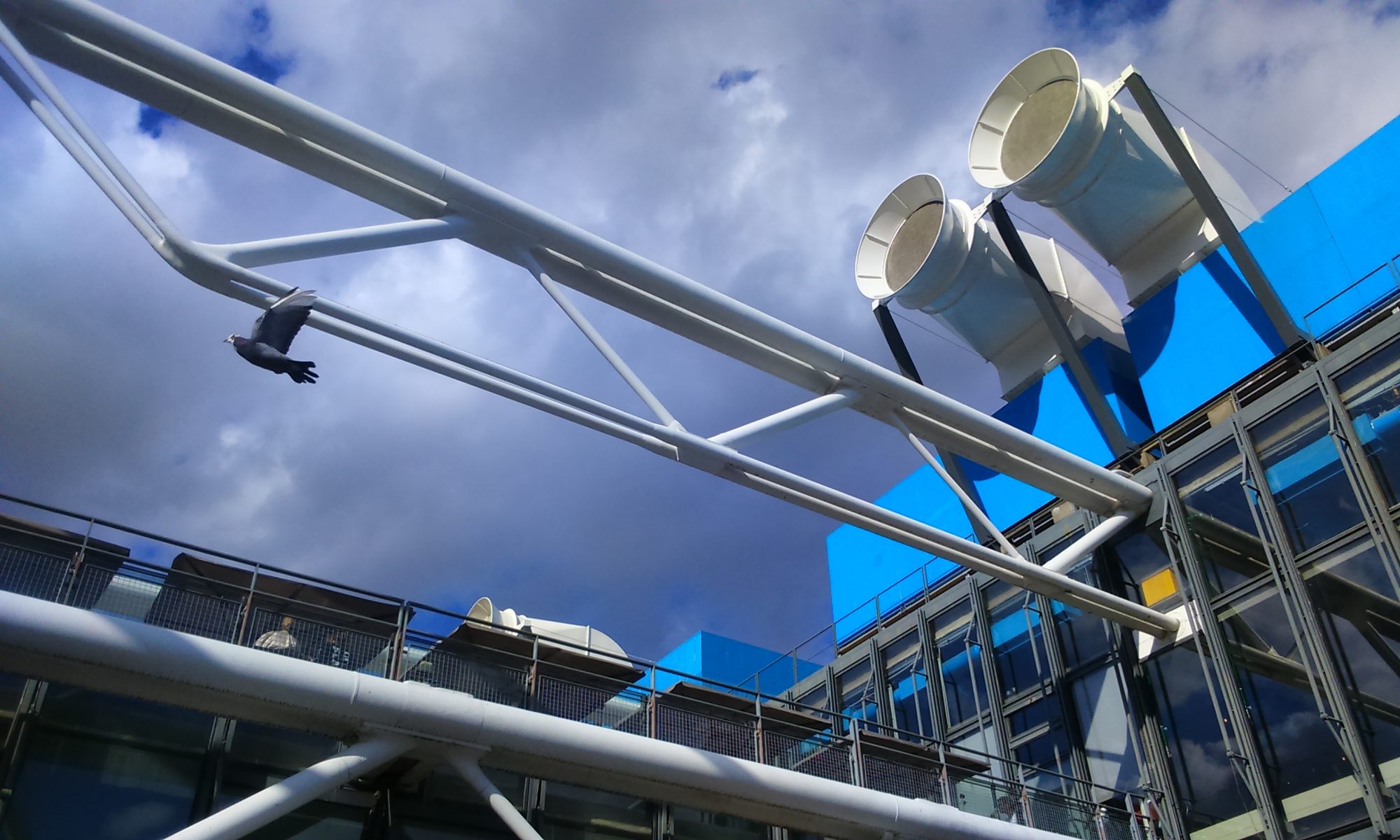
Graham, B., (2021) Our Social Networks Evaluation Report – a formative, process and outcomes evaluation.
Read the evaluation report here
Watch OSN film with some individual narratives
Watch OSN’s film on the relevance of oral history work for people with learning disabilities
Read OSN’s thematic analysis: long version and more accessible version; and emerging recommendations
The professionals who heard these stories saw the need for service improvements, better staff training and more guidance, but it is too early to know how this will translate into outcomes.
Final evaluation report from Mencap Cymru’s three-year, pioneering, Our Social Networks (OSN) project.
Over 2018-21, OSN gathered 40 oral histories, mainly from people with learning disabilities, to help inform and improve attitudes and services around friendships and relationships for them and others. These personal narratives were shared with the public and professionals through talks, exhibitions, events, seminars and webinars, throughout Wales and online.
The oral histories were lively, interesting and poignant, if sometimes tragic. As well as highlighting the enormous potential and benefits of personal narrative, they shed light on the enormous day-to-day challenges people face in simply meeting others, having a social life, or being allowed to spend time with friends or loved ones, along with pervasive bullying, social exclusion and control exercised by service providers and others. Barriers were compounded by a tendency towards protection (if well-meaning), fear, negative attitudes about relationships and pervasive presumptions that many people with a learning disability lacked capacity to consent. Such challenges were aggravated by individuals’ lack of agency, autonomy and relationship and sex education (RSE).
Based on the evidence from these accounts, OSN argued that unless agencies, professionals and families actively support people with learning disabilities to have friendships, relationships and meaningful social engagement, they are actually preventing them from exercising a human right, which also impacts negatively on their health and well-being.
OSN employed four people with learnings disabilities to work on improving disability access in the heritage sector, with an initial focus on four museums across Wales. This work provided useful learning points, including the totally individual nature of support needs and the critical role of both supporters and of informal support, e.g. from colleagues. Progress was abruptly curtailed by Covid-19. Nonetheless OSN’s work showed the importance of broadening organisations’ approach and the mind-sets of staff around disability access. For example the need to broaden this to include sensory, cognitive and wider physical needs, and not just wheelchair accessibility, important as it is; and that relatively small changes can often make a significant difference. However it was disheartening to see how little disability access and inclusivity had progressed in the heritage sector, despite decades of legislation.
